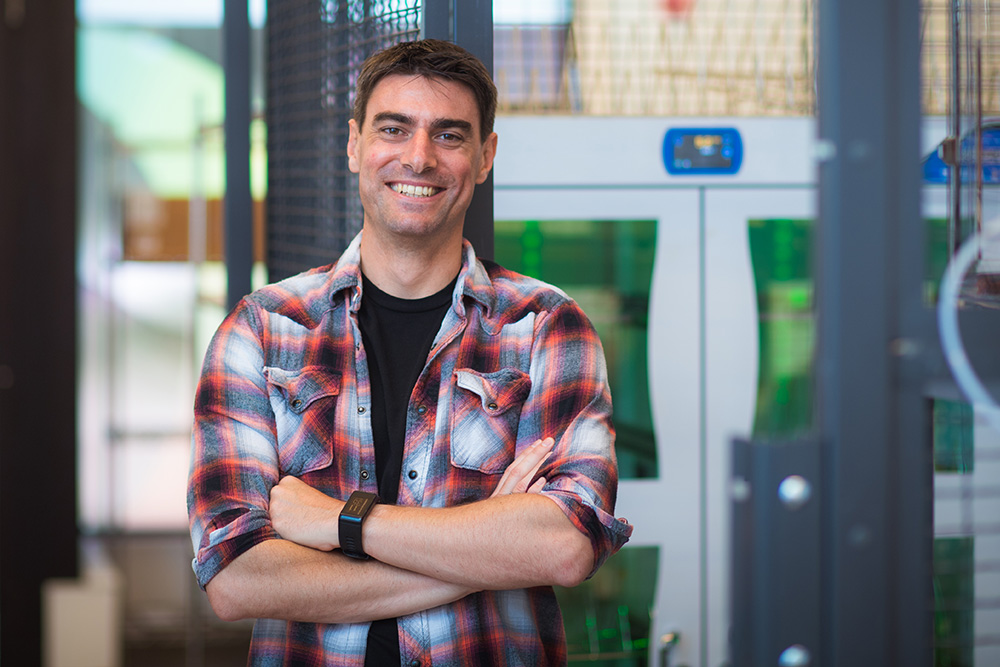
MIT and Commonwealth Fusion Systems (CFS), a new startup company focused on the rapid commercialization of fusion, are jointly pursuing a privately-funded, accelerated approach to demonstrate the feasibility of fusion energy. The CFS/MIT team is currently developing a new generation of high-field, large-bore, REBCO-based superconducting magnets to incorporate into a compact net-energy tokamak called SPARC that will demonstrate net fusion energy gain. The key performance metrics in a tokamak scale as the strength of the toroidal magnetic field to the third or fourth power times the volume of the device. One of the most important consequences of these scalings is that increasing the magnetic field in a tokamak enables a much smaller device to demonstrate net-energy production, leading to dramatic reductions in cost, timeline, and organizational complexity required to construct and operate the fusion device. Over the past three years, the SPARC team has performed much of the groundwork to enable the demonstration of the fundamental superconducting magnet technology and prepare the design of SPARC. A site in MA has been selected and prepared, SPARC will begin construction in late 2021 and will be commissioned in 2025. A fusion pilot plant called ARC will follow, with the aim of putting fusion power on the grid in the early 2030’s.
Brandon’s expertise is in fusion energy, compact power plant design and high temperature superconductors. During his doctoral work at MIT’s Plasma Science and Fusion Center, Brandon was the leader of the ARC Reactor design study, a conceptual design for a small, modular fusion pilot plant that formed the basis for a comprehensive high-field pathway to commercial fusion energy. As CSO of CFS, Brandon leads the work in evaluating high temperature superconductor performance and prospects for scale-up, as well as leading the power plant design scoping efforts.

